Background: Dr. Sanja Djurdjić Mijin is a quantum physicist specializing in two-dimensional materials, quantum photonics, and Raman spectroscopy. She earned her PhD in Physics from the University of Belgrade, where she received the Institute of Physics Award for the best doctoral dissertation in 2022. She has held research positions at leading institutions, including Universidad Autónoma de Madrid and the Institute of Physics in Belgrade, and actively contributes to international projects funded by the Spanish Ministry of Science and NATO's Science for Peace and Security Programme. Her work focuses on engineering quantum light sources and exploring strain effects in layered materials, with the goal of advancing quantum technologies for sensing, communication, and computing.
Brief description: As the second quantum revolution moves closer to reality, we are getting an inch closer to realizing the full potential of quantum technologies, promising a future that transcends the limitations of the present digital era. This talk offers a clear and accessible introduction to quantum computing—what it is, how it differs from classical computing, and why it holds transformative potential. We will explore the fundamental building block of quantum computers: the qubit. From superconducting circuits and trapped ions to photonics, neutral atoms, and topological qubits, each approach offers unique advantages and faces distinct challenges. Who is leading the charge—Google, IBM, Microsoft, or perhaps a stealth-mode startup? How do we evaluate "winning" in this context: by qubit count, fidelity, error correction, scalability, or real-world applicability?
We'll unpack the latest breakthroughs and examine the growing ecosystem of quantum computing. Drawing from real-world research and the most current data, the talk will illuminate where we stand now and what milestones lie ahead. This talk will provide a grounded, up-to-date map of the quantum computing landscape and the global race shaping its future.
